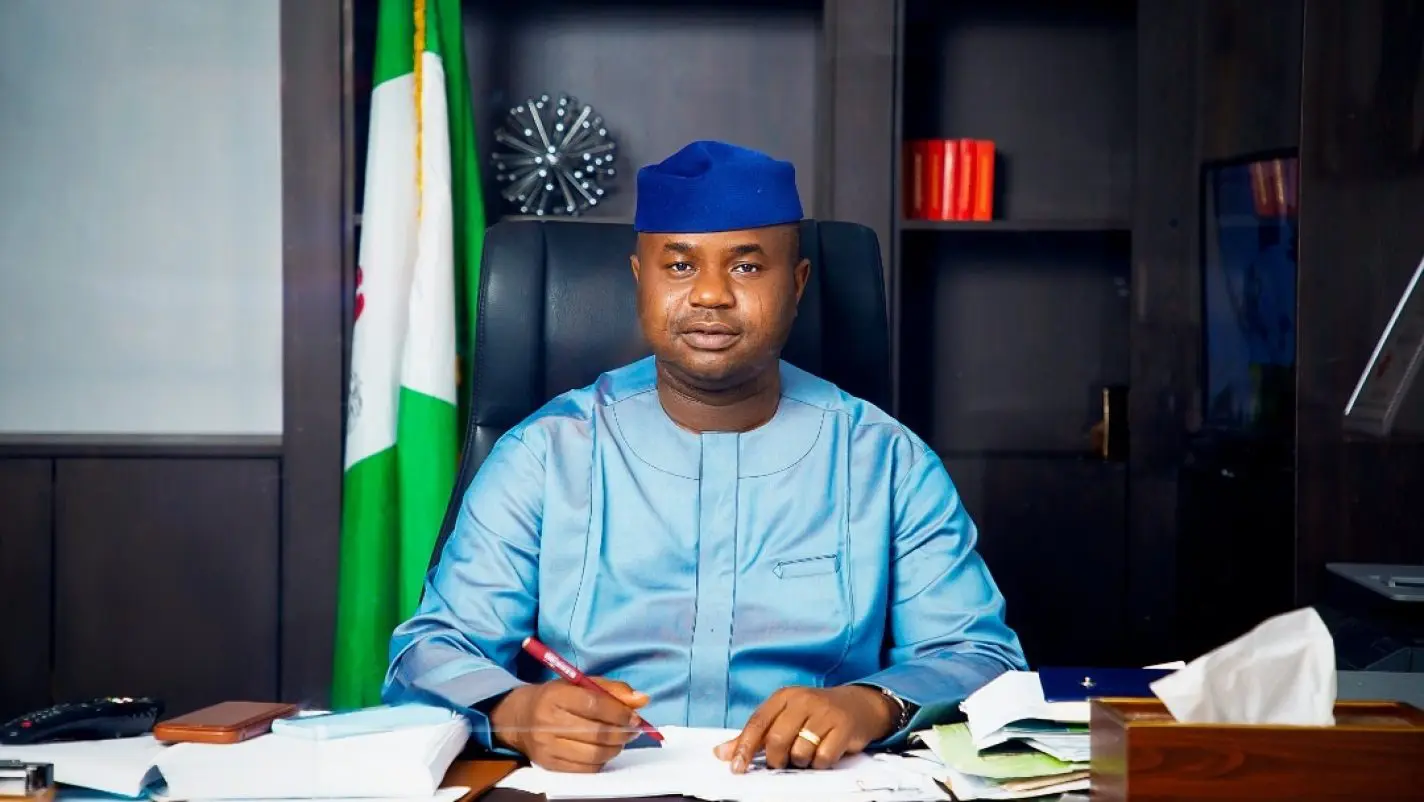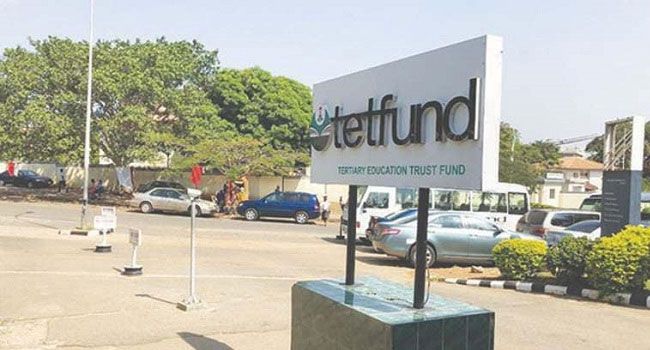
The Federal Inland Revenue Service (FIRS) has reported a record-breaking N47.39 trillion in tax collections between October 2023 and September 2025, marking a significant leap from the N21.97 trillion collected during the previous two-year period. The milestone was achieved under the leadership of FIRS Chairman Zacch Adedeji, appointed by President Bola Tinubu on September 14, 2023.
According to FIRS data, the agency exceeded its revenue target by 15 per cent, highlighting robust growth across both oil and non-oil sectors and demonstrating the impact of ongoing tax reforms and digital modernisation initiatives.
“In the last two years, FIRS achieved significant revenue improvements, recording N47.39tn, representing 115 per cent of the target. Non-oil revenue accounted for 76 per cent of total collections, reflecting diversification and reform success,” the report noted.
From January to September 2025 alone, FIRS collected N22.59 trillion, achieving 120 per cent of the target and about 90 per cent of the annual goal of N25.2 trillion. Non-oil taxes surged to N17.3 trillion, exceeding projections by 128 per cent, while oil tax revenue stood at N5.29 trillion, reaching 98 per cent of the target.
Key contributors to the collection included:
- Company Income Tax (non-oil): 32.6%
- Non-import VAT: 23.2%
- Petroleum Profit Tax/Hydrocarbon Tax: 17.4%
- Other sources: Company Income Tax (upstream) 7.1%, import VAT 7.03%, education tax 6.1%, and gas income 2.3%.
The FIRS attributed the revenue growth to digital platforms such as the National Single Window and National E-Invoicing System, as well as new tax reform laws in 2025 that simplified compliance, closed loopholes, and aligned Nigeria’s tax system with global best practices.
Despite the strong inflow, Adedeji clarified that the government will continue borrowing, stressing that it is not a sign of fiscal weakness but part of Nigeria’s broader economic strategy.
“If my expenditure for this year is N100,000 and my plan is that N80,000 will be from revenue, I will borrow N20,000. If I’ve done revenue of N90,000 and I’m borrowing N10,000 according to the budget, what is the problem with that?” Adedeji explained during a Meet-the-Press session at the Aso Villa.
Sustained revenue performance is expected to provide the Federal Government with greater fiscal flexibility to fund infrastructure, reduce borrowing, and potentially clear arrears, though actual cash utilisation will depend on macro conditions and oil market volatility.



